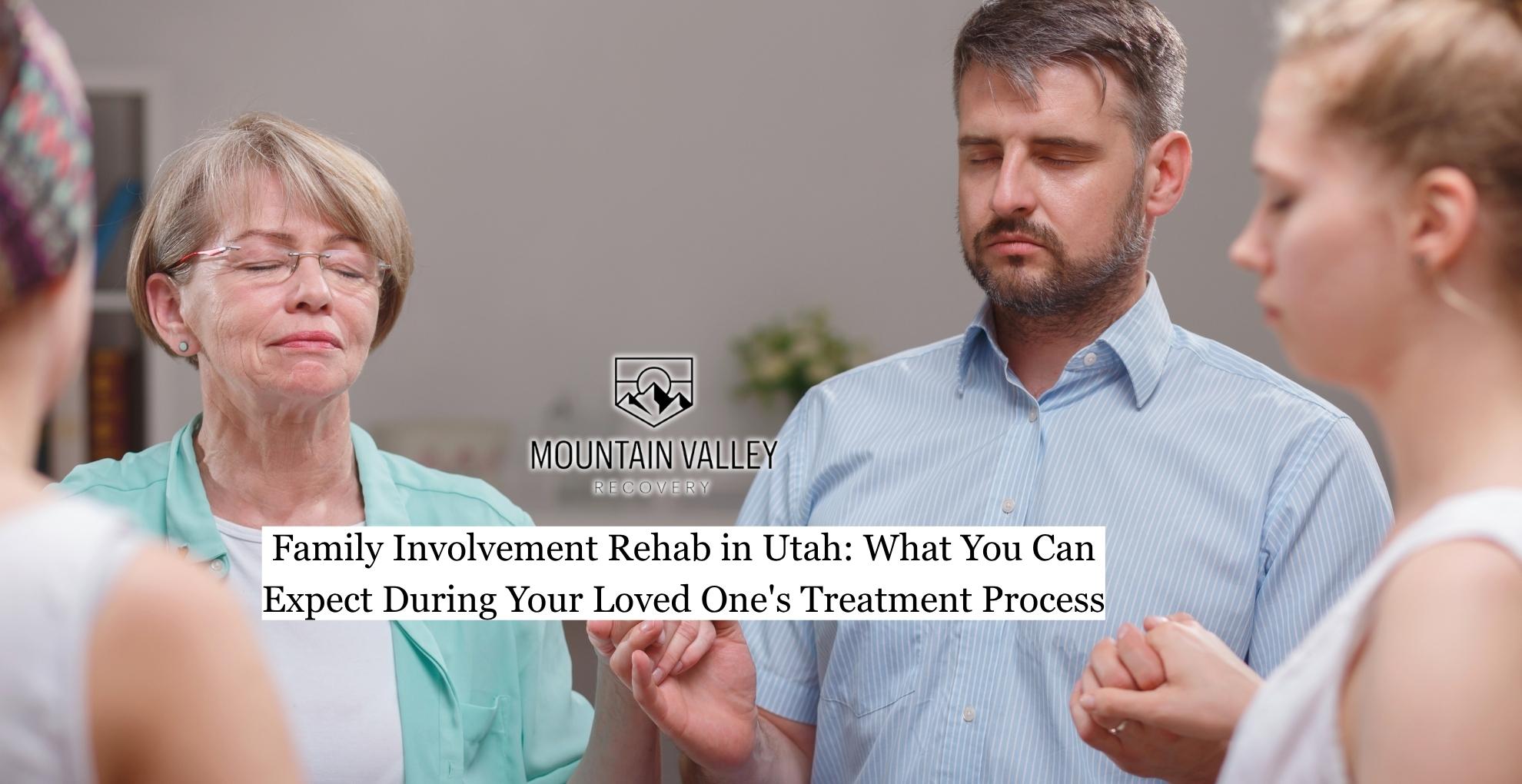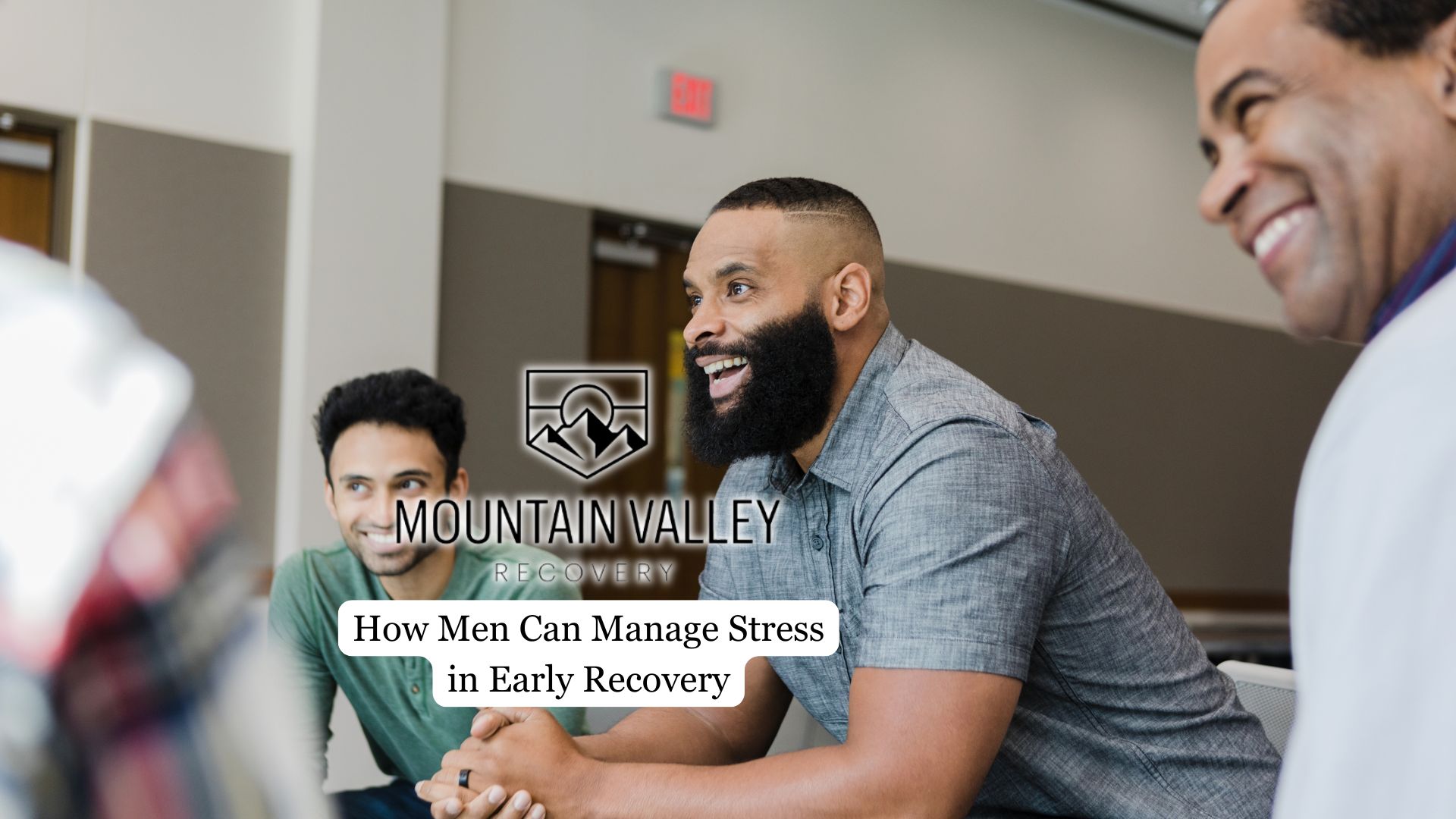For men in recovery, having a supportive spouse can be essential in achieving and maintaining long-term sobriety. While the journey to recovery is ultimately a personal one, a supportive partner’s influence can significantly impact treatment outcomes’ success and sustainability. This article explores the crucial role that spouses play in supporting men’s long-term recovery from addiction.
Understanding Addiction’s Impact
When addiction infiltrates a marriage, it unleashes a storm of emotional turmoil and relationship strain that can leave spouses feeling lost and overwhelmed. Substance abuse isn’t just about the individual struggling with addiction, but rather a family disease that creates ripple effects throughout the entire household.
As a spouse, you may find yourself grappling with feelings of anger, resentment, and helplessness as you watch your partner’s behavior change and your once-stable life unravel.
Educating yourself about substance abuse and its impact on relationships will equip you with the knowledge and tools needed to support your spouse’s recovery while also prioritizing your own well-being.
The Role of Spouses in Different Stages of Recovery
In the early stages, your emotional support and understanding are crucial as they navigate the vulnerabilities of addiction recovery.
As progress is made, actively participating in therapy sessions can enhance communication, accountability, and foster a collaborative approach to overcoming addiction.
During the maintenance phase, you play a vital role in recognizing potential triggers or relapse signs, utilizing your insights to maintain a supportive environment. It’s essential to prioritize your own well-being throughout the process, as your emotional health significantly impacts the recovery journey for both partners.
Continuous support and open dialogue are key to reinforcing positive changes and promoting long-term recovery success. Read more about our men`s only addiction treatment in Utah.
Key Ways Spouses Can Offer Support
Providing emotional support and understanding can significantly enhance recovery outcomes and reduce the risk of relapse.
Engage in open communication about your feelings and needs to establish trust and navigate the recovery process together. This fosters a deeper understanding of each other’s experiences.
Participating in therapy sessions or support groups like Al-Anon can equip you with coping strategies and tools to effectively support a spouse in recovery.
Setting and maintaining healthy boundaries is crucial for protecting both partners’ well-being while reinforcing the commitment to recovery.
Celebrate small milestones to boost motivation and reinforce positive behavior changes.
Learn more about the essence of family education programs and the impact they have on the entire unit when a family member is in addiction recovery.

Avoiding Pitfalls in Supporting a Recovering Spouse
When supporting a recovering spouse, it’s crucial to avoid enabling behaviors that may undermine their progress. Financial support or covering up substance use can hinder their ability to face the consequences of their actions.
Instead, focus on setting clear boundaries to protect your own well-being and prevent codependency. Providing emotional support is essential, but don’t neglect your self-care practices. Maintaining your mental and physical health will positively influence the recovery environment.
Open communication about needs and expectations can prevent misunderstandings and resentment. Be mindful of potential triggers in the home, such as the presence of substances or reminders of past behaviors. Recognizing and addressing these triggers can significantly enhance your spouse’s chances of long-term success.
Here we have gathered the main details one should factor in when on the search for the right long-term rehab:
Benefits of Spousal Involvement in Recovery
By actively participating in your treatment options, your partner can provide crucial emotional support, helping you navigate the challenges of addiction recovery.
Engaging your spouse in therapy sessions and recovery education fosters a deeper understanding of addiction, improves communication, and equips them with coping strategies to create a supportive home environment.
Your partner’s presence can help identify triggers and warning signs, allowing for timely intervention and support during vulnerable moments. Additionally, spousal support networks, such as Al-Anon or Nar-Anon, offer valuable resources and a sense of community, helping your spouse cope with their own challenges while reinforcing your recovery journey.
Involving your partner in your addiction treatment strengthens your bond, fosters accountability, and increases the likelihood of sustained recovery and healthier behaviors.
Final Thoughts from Mountain Valley Recovery
When men choose a long-term residential program, such as the one we offer at Mountain Valley Recovery, they can focus completely on their recovery journey. During this time, they develop essential skills and strategies for maintaining sobriety. The extended treatment duration allows for deeper healing and more thorough preparation for life after rehab. Throughout the recovery process, spouses continue to play a vital role, and they can find comfort in knowing their loved ones are receiving expert care and support.





